1. ΕΝ ΑΘΗΝΑΙΣ ΠΕΡΙ ΦΥΓΗΣ - в Атина, за изгнанието си (13)
Ὅτε φεύγειν συνέβη με φιλίας ἕνεκεν λεγομένης ἀνδρὸς οὐ πονηροῦ, τῶν δὲ τότε εὐδαιμόνων τε καὶ ἀρχόντων ἐγγύτατα ὄντος, διὰ ταῦτα δὲ καὶ ἀποθανόντος...
In the year A.D. 82, probably, Dio was banished by the Emperor Domitian, not only from Rome and Italy but also from his native Bithynia, on the charge of being in some way implicated in the conspiracy of one of the Emperor's relatives, Junius Rusticus, as some including Mommsen maintain, Flavius Sabinus as von Arnim with better reason believes. Each of these men was related to the Emperor, Flavius Sabinus being the husband of Julia, the daughter of Domitian's elder brother Titus, who had been Emperor before him; and each of them was executed on the charge of having conspired against him. If it is Flavius Sabinus to whom Dio refers, then since this man was executed in the year A.D. 82, we may infer that Dio's banishment began in this year, and it was intended to last his lifetime. However, with the accession of Nerva in A.D. 96 he was permitted to return.
In the Thirteenth Discourse Dio gives us an interesting glimpse into his thoughts and feelings at that time. Adopting the attitude of a Stoic, he resolved to endure his banishment manfully and found that it was quite endurable. Then he tells how at the urgent request of others he began to deliver moral addresses to groups of people gathered to hear him.
2. En te patridi peri tes pros apameis homonoias - (Произнесена) в родината си, относно споразумението с апамейците (40)
Enomizon men, o andres politai, nyn goun, ei kai me proteron axein ten hapasan hesychian...
As indicated by the title, the background of this Discourse is a quarrel between Prusa, the home of the speaker, and its near neighbour, Apameia. The precise nature of the quarrel remains in doubt, but it seems to have involved business relations, and possibly also property rights. The relations between the two cities were extremely intimate. Prusa used the port of Apameia, and Apameia looked to Prusa for its timber. There was constant intercourse of many kinds between the two, and citizens of the one not infrequently were citizens also of the other, sometimes even receiving a seat and vote in the Council of the second city. Dio's own connexion with Apameia was especially close. As we learn from Or. 41, not only had he himself been honoured with citizenship there, but also his father before him; his mother and her father too had been awarded citizenship in Apameia along with the grant of Roman citizenship; and, finally, it would appear that Dio's household had found a refuge in that city during his exile.
Whatever the nature of the quarrel, it had lasted for some time prior to the date of our Discourse (A.D. 101), and it had been so bitter that Dio had feared to accept the invitation of Apameia to pay a visit joint upon his return from exile, lest by doing so he might offend the city of his birth, and for the same reason he had resisted a request to intervene in behalf of Apameia in its quarrel. He had, to be sure, urged upon his fellow citizens, as occasion offered, the desirability of reconciliation with Apameia, and negotiations to that end were actually in progress when Dio, responding with some reluctance to the summons of his fellow townsmen, appeared in town-meeting and pleaded afresh the cause of concord. It would appear that his words received a favourable hearing, for in the next Discourse in our collection, delivered at Apameia shortly afterwards, he speaks as a member of an official delegation to arrange terms of agreement.
This Discourse, as well as several to follow, is valuable both as shedding light upon doings in Bithynia, doings about which we get supplementary information from the correspondence of Pliny the Younger written during his term as proconsul of that province, and also as supplying biographical data regarding the speaker.
3. Pros apameis peri homonoias - към апамейците относно споразумението (41)
Hoti men hymeis, o boule kai ton allon hoi parontes hoi metriotatoi, praos pros eme kai philikos echete...
This short address constitutes the sequel to Or. 40, which it must have followed closely in point of time. Dio is speaking before the Council of Apameia as a member of the official delegation from Prusa sent to conclude the reconciliation which forms the theme of both speeches. That the question was of widespread interest is shown by the presence in the audience of others than members of the Council.
The first half of the address is aimed at dispelling the distrust and hostility toward Dio occasioned by his seeming indifference to the Apameians in the past. This he attempts to bring about by recalling the ties which bound him and his family to that city and by explaining the delicacy of his situation as a member of both communities. The remainder of the speech is devoted to praising the blessings of concord and stressing the peculiarly intimate nature of the ties existing between the two cities.
The abruptness of the close might suggest that the speech is incomplete. However, such a supposition is not unavoidable. Dio has presumably achieved his immediate purpose — to restore himself to good favour at Apameia and, as a delegate from Prusa, to make his voice heard in support of concord. It is not as if he were the only delegate to be heard.
(J.W. Cohoon)
About the Latin Academy in the Vatican
13 years ago
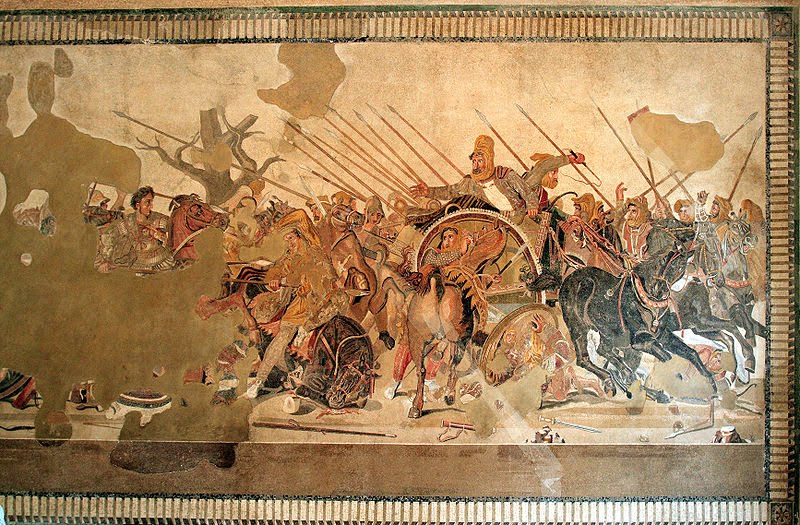
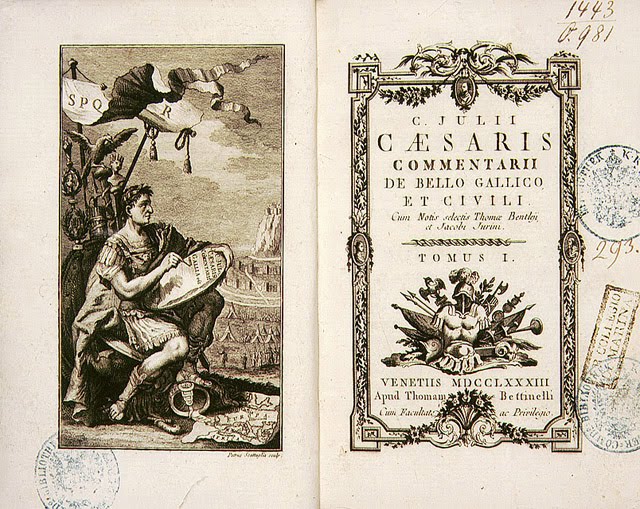
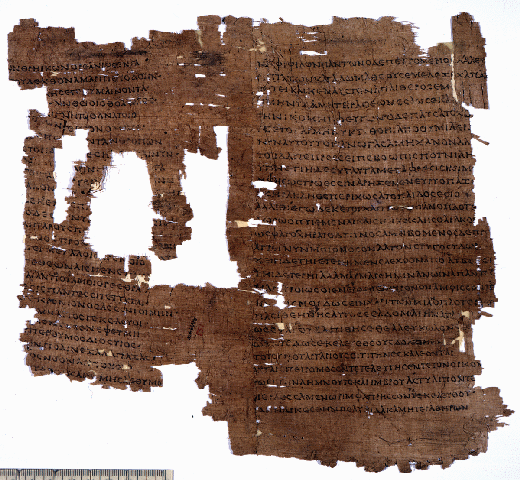
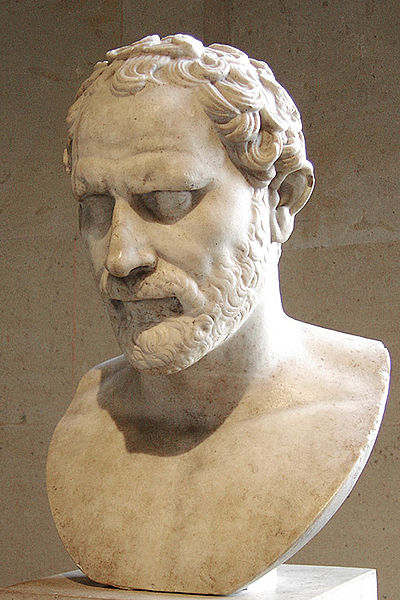


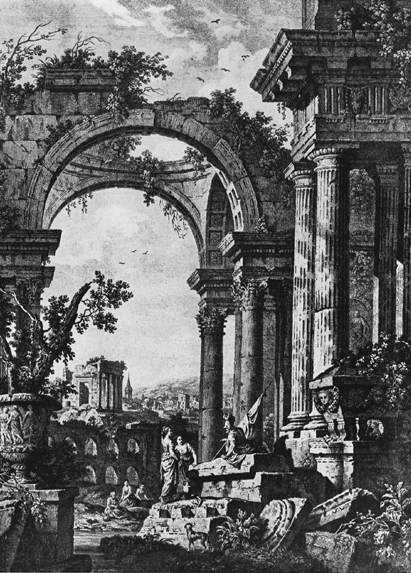




No comments:
Post a Comment